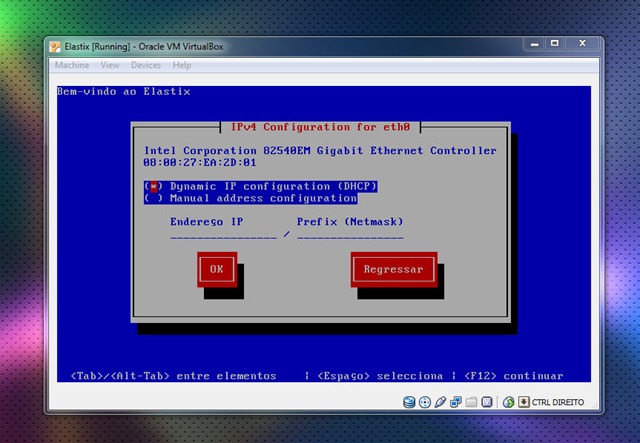
To check the status of elasticsearch $ sudo systemctl status elasticsearch

To enable elacticsearch at system startup $ sudo systemctl enable elasticsearch To start elacticsearch services $ sudo systemctl start elasticsearch To access ElasticSearch remotely make change as shown below network.host: 0.0.0.0 Uncommnet network.host and make changes as below to access elastic local system. $ sudo nano /etc/elasticsearch/elasticsearch.yml Once Installation complete configure elastic search to access locally or remotely.
#ELASTIX ON CENTOS 7 INSTALL#
Now Install ElasticSearch on CentOS 7 using below command. Update system packages $ sudo yum update Step 2: Install and Configure ElasticSearch on CentOS 7 Name=Elasticsearch repository for 7.x packages Next add the ElasticSearch yum repository in /etc// folder using below command.
#ELASTIX ON CENTOS 7 HOW TO#
You can install open JDK on CentOS 7 $ yum install -y java-1.8.0-openjdk java-1.8.0-openjdk-devel How to Install Elastic Stack on CentOS 7 Step 1: Add and Configure Elastic Search Repositoryįirst download and install the public signing key of Elasticsearch in CentOS 7 $ sudo rpm -import How to Download and Install Oracle JAVA 8 on CentOS 7 Please follow below article to download and install Oracle JAVA 8 on Ubuntu 18.04/16.04 LTS Manually. WorkFlow = ElasticSearch -> Kibana -> Logstash -> Filebeat Prerequisites Kibana is to visualize logs with charts and graphs from Elasticsearch.

Logstash is a server‑side logs processing pipeline that transport logs from multiple sources simultaneously, transforms it, and then sends it to a “stash” like Elasticsearch. Elasticsearch is a search and analytics engine.



 0 kommentar(er)
0 kommentar(er)
